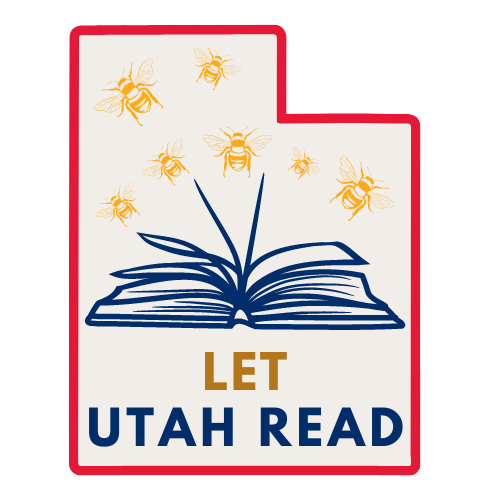Book Banning Harms Children — Here’s Why
We are only 40 days into 2025, and Utah has already added two more titles to the Statewide Banned Book List.
The more this list grows, the more harm is done to children. Banning books has a demonstrative negative impact on the mental health of our children. It isolates them and can limit lessons on empathy and empowerment. As reported by PEN America, 44% of all books banned in the 2023-2024 school year included characters or people of color, and 39% included LGBTQ+ characters or people. For our BIPOC and LGBTQ+ children, this robs them of the opportunity to read stories with characters like them. The increase in banning books with diverse characters, like the characters in “Like a Love Story”, the most recent book added to Utah’s Statewide Banned Book List, sends the message to BIPOC and LGBTQ+ children that their existence is shameful and not supported by their community.
The Trevor Project, the leading suicide prevention organization for lesbian, gay, bisexual, transgender, queer & questioning (LGBTQ) youth, released a new poll today that finds an overwhelming majority of LGBTQ youth have been negatively impacted by recent debates and laws around anti-LGBTQ policies and that many have also experienced victimization as a result… [S]chools have increasingly become a battleground for debates around respecting students’ identities and pronouns, censoring LGBTQ-inclusive curriculums, and banning books.
For our white and cis children, banning books like “Like a Love Story” robs them of the opportunity to read stories about people who are not like them, to learn and grow by seeing the world from a different perspective. We hobble our children by trying to hide diversity from them.
Book bans also negatively impact children’s and teen’s mental health by trying to minimize their exposure to difficult issues. Book bans overwhelmingly target stories about mental health, bullying, suicide, violence and abuse, and grief and death. This does not make children and teens safer or healthier. Stories about difficult topics are the SAFEST way for young readers to encounter difficult topics and can give children and young adults knowledge to address things that may be happening in their lives and empower them to get help or speak out.
Books tell children experiencing hard things, “you are not alone.” When we take these books away, we are telling our children, “You are alone, and you shouldn’t talk about hard things.” Banning books tells children and teens that these hard issues are dirty little secrets they should deal with alone. This does not make them safer or healthier. It does the opposite.
As the battle against censorship continues, it is imperative that we fight back. It is our duty to give our children the tools they need to be safe, healthy, and knowledgeable.
Check out Let Utah Read’s list of ways you can stand up against censorship and empower young readers with knowledge they can use to keep themselves, their friends, and their siblings safe!

